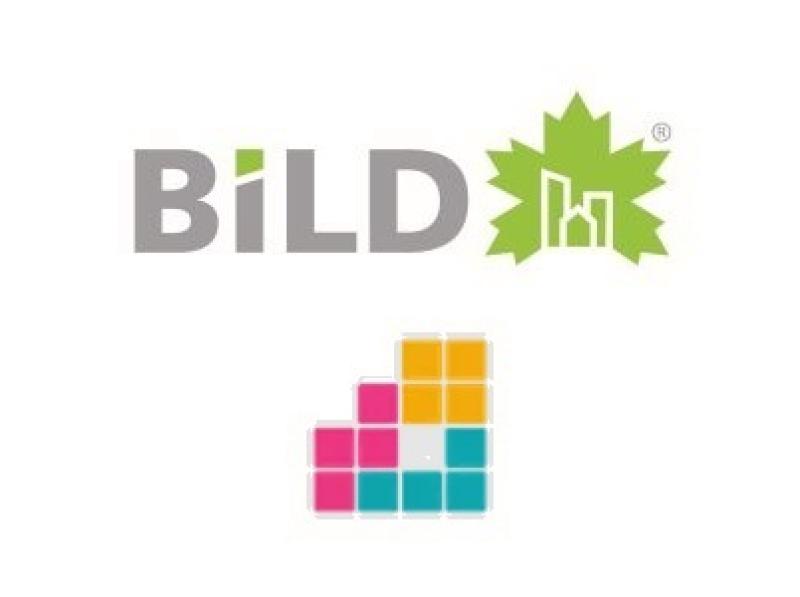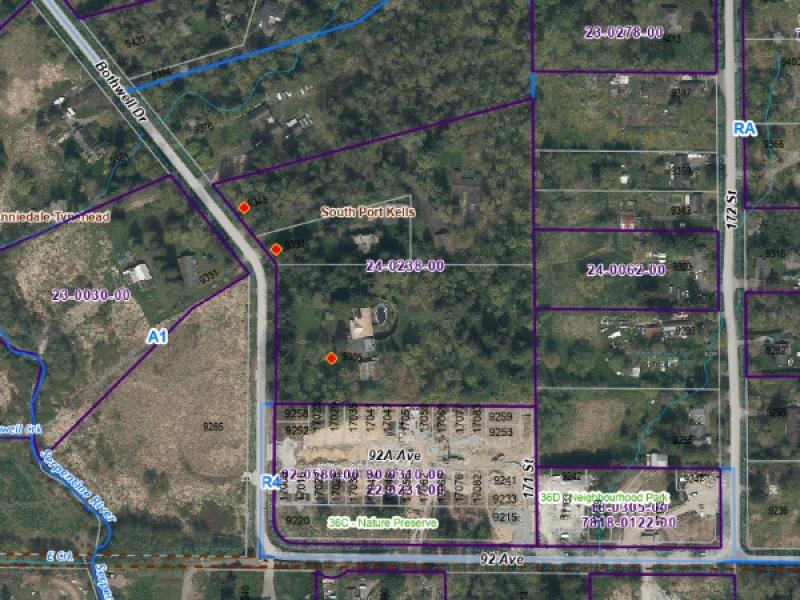UPDATED WITH QUOTES:  An extended tax rebate and a carve-out in the foreign buyer ban for new homes are among the recommendations a coalition of urban developers suggests for the federal government to address Canada’s housing “crisis."
An extended tax rebate and a carve-out in the foreign buyer ban for new homes are among the recommendations a coalition of urban developers suggests for the federal government to address Canada’s housing “crisis."
The Large Urban Centre Alliance is a group of 13 homebuilders and rental providers operating in six major municipalities. It released 10 suggestions Thursday morning to stimulate depressed housing starts and home sales in major markets by largely cutting away at government costs.
Investment into housing supply would be boosted as a result, it suggests.
“We actually looked for recommendations that didn’t cost the government anything, or in fact were revenue positive,” Mike Moffatt, co-facilitator of the alliance and an assistant professor at Richard Ivey School of Business in Western University, said in an interview with RENX Homes.
The alliance points to recent data as proof of the scale of the problem, including:
- new and pre-construction home sales in Q1 2025 plunging 89 per cent Greater Toronto Area (GTA) when compared to Q1 2022;
- 77 per cent in the Greater Vancouver Area; and
- 51 per cent in the Ottawa region.
“Canada needs to double housing starts to address the current shortage, yet housing starts and sales are falling in some of Canada's largest cities, as the cost of building homes makes homebuilding unviable,” Moffatt said in the announcement.
Without taking action the alliance claims 41,000 jobs are at risk in the GTA alone, along with $6 billion annually in lost tax revenue, and that rents will continue to push upward.
The Large Urban Centre Alliance is facilitated by the Missing Middle Initiative and the Building Industry and Land Development Association (BILD). Its members include Minto Communities, RioCan, Tricon Residential, Mattamy Homes and Wesgroup among other major Canadian builders.
The alliance’s main remedies
Four priority recommendations are outlined in the report.
- The first is a three-year expansion of the 100 per cent GST and HST rebate on new homes and homes significantly renovated up to $1 million, plus a partial rebate for homes between $1 million and $1.5 million. Other criteria for the program should be retained, it adds. This would reduce home prices by thousands of dollars and stimulate consumer confidence, the alliance says. An additional 20,000 homes across Canada could be unlocked by this recommendation, Moffatt said.
- Second, a direct-to-buyer development charge model is proposed, which Moffatt said “could be quite transformative.” The Large Urban Centre Alliance urges adoption of a transparent billing model where development charges are charged directly to buyers, rather than through builder financing. Financing costs and development charges will fall, and buyers will have more clarity, the alliance says.
- Canada should look to a format used in Australia for the ban on foreign homebuyers, which is in place until Jan. 1, 2027, the alliance says. To unlock billions of dollars in capital for housing, it urges exempting non-Canadian buyers for new and pre-construction homes, and excluding rental developments currently under construction from the GST and HST where they are not eligible for the GST rebate.
- Fourth, the federal government should ensure the Canada Mortgage and Housing Corporation’s Apartment Construction Loan Program, which provides low-cost loans, has the resources to meet demand to address the deficit of rental housing.
Other recommendations
To further create housing supply, the report by the alliance suggests:
- tying federal infrastructure funding to municipal reforms that will increase housing, such as accepting surety bonds in subdivision agreements;
- fully exempting real estate and housing-related infrastructure investment from the "excessive" interest and financing expenses limitation rules;
- launching consultations on the proposed multi-unit residential building tax provision this fall; and
- enabling banks to reduce pre-sale requirements on new condo developments through federal backstop facilities.
Provinces and municipalities can collaborate with the federal government on some of these proposals, Moffatt said. One example is the GST and HST rebate, as Ontario Premier Doug Ford voiced his openness to matching the feds on a proposed rebate earlier this year.
“There is a combination of things in here – some of the things like ACLP or things that the federal government can do unilaterally. Others are the federal government having to work with provinces or municipalities,” Moffatt said.










